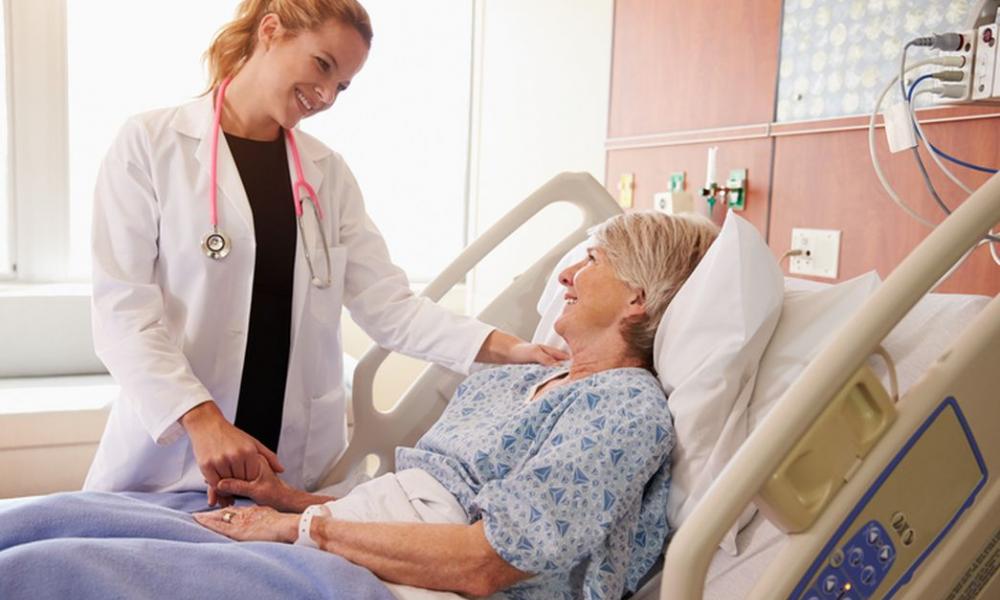
Rehab begins before you even leave the hospital.
When you have knee or hip surgery for rheumatoid arthritis (RA), you can look forward to better mobility and function afterward. But first, you’ll need to stay in the hospital until you’re strong enough and ready to go home. Although your recovery period can differ depending on the type of procedure you have, here’s a general guide to the hours or days you’ll spend in the hospital following your surgery.
Right After Your Surgery: Recovery Room
After your surgery, you’ll be wheeled into a recovery room. There, medical staff will monitor your vital signs while you wake up from the anaesthesia. They’ll also make sure you can breathe easily. You may do deep breathing exercises to rid your lungs of mucus.
You’ll stay in recovery for a few hours. After that, depending on what type of surgery you had, you’ll either be allowed to go home or you’ll be moved to a hospital room for the rest of your stay.
The First Day
You’ll probably feel tired for the first day after your surgery. The nurses will give you medicine to relieve your pain, and ice to bring down swelling. You may wear tight-fitting compression stockings to prevent deep vein thrombosis (DVT)—a potentially dangerous blood clot in your leg.
You should be able to start walking on the first day after surgery. A physiotherapist will show you how to use crutches or a walker. You’ll also learn some exercises to start doing on your own.
Days Two to Four
It’s important to begin moving your joints soon after surgery to regain your strength and promote healing. A physiotherapist will visit you once or twice a day to teach you exercises that keep blood moving through your legs and strengthen the muscles supporting your hip or knee joint.
To help you regain movement in your legs, your doctor may have you use a continuous passive motion machine (CPM) – a device that moves the limb for you while you remain in bed. The machine will gently bend and straighten your leg, and a nurse or physiotherapist will set the machine to move a specified amount and speed. The machine aids circulation and keeps your leg elevated to reduce swelling.
You will also begin to walk longer distances. Your physiotherapist can show you how to move properly with your crutches or walker. You will practice climbing stairs, too.
Going Home
For some minimally invasive procedures, you may be allowed to go home within a few hours or the next day. After an open joint replacement, you’ll need to stay in the hospital for three to four days.
Before your doctor clears you to go home, you’ll need to be able to do a few things:
- Get in and out of bed independently
- Walk safely with crutches or a walker
- Eat, drink, and use the bathroom on your own
- Move your joint (bend and straighten your knee)
- Climb a few stairs
- Manage your pain with medicine
- Do your prescribed home exercises
Before your surgery, you should prepare your home with everything you'll need upon your return. You’ll be sent home with instructions on caring for your new knee or hip, along with warning signs of possible complications. Once you’re at home, the rest of your recovery and rehabilitation process will begin. It can be hard work at times, , but the end result will be more mobility, less pain and greater freedom to do the activities you love.











